Tag: Brain
-
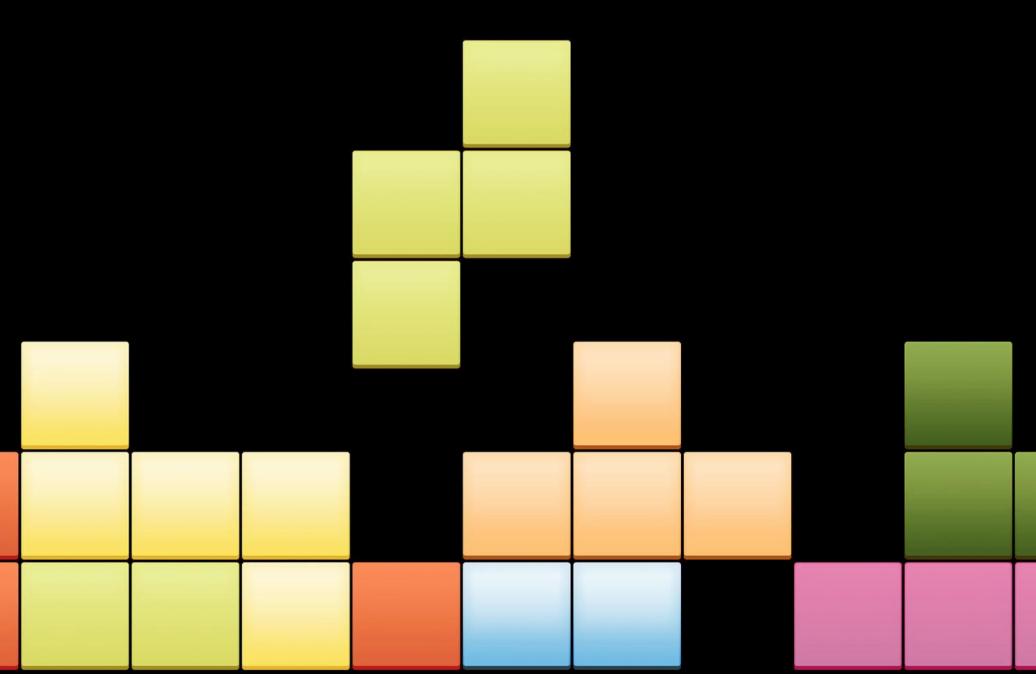
Brain-to-brain communication interface
Rajesh Rao and University of Washington colleagues have developed BrainNet, a non-invasive direct brain-to-brain interface for multiple people. The goal is a social network of human brains for problem solving. The interface combines EEG to record brain signals and TMS to deliver information to the brain, enabling 3 people to collaborate via direct brain-to-brain communication.…
-
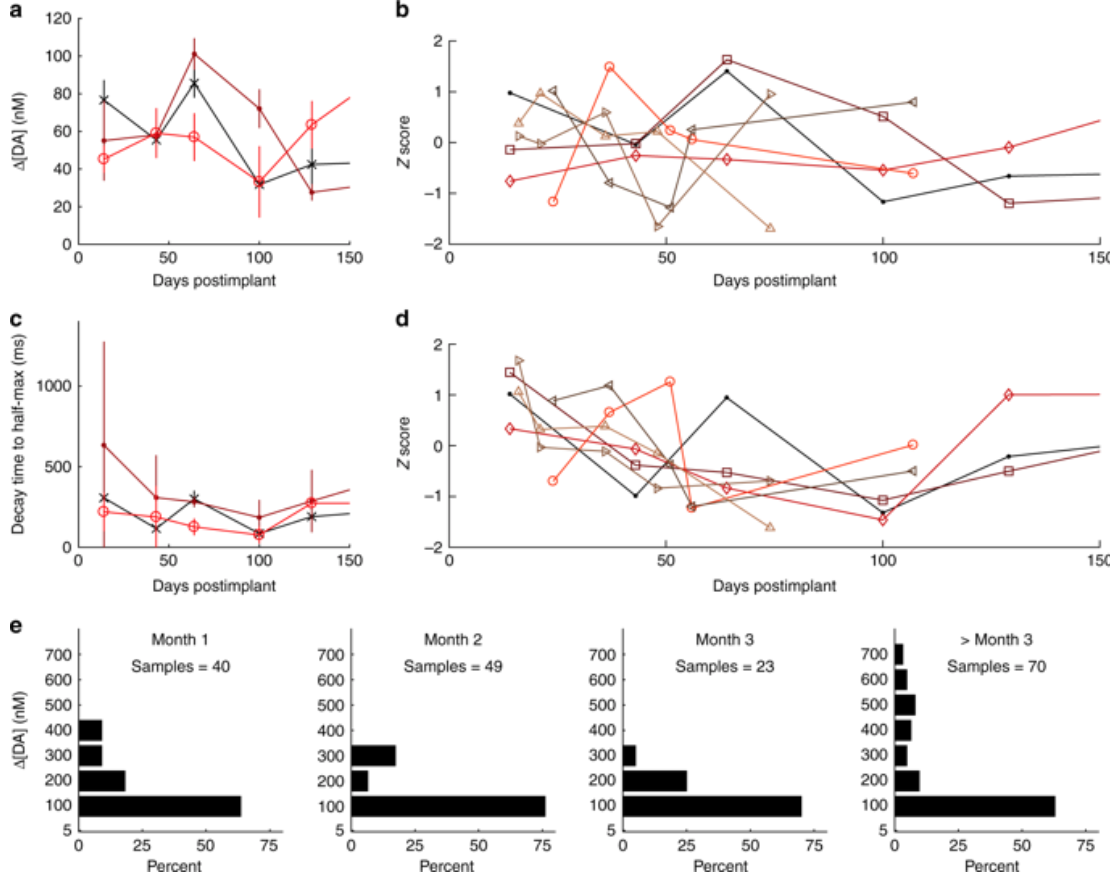
Implanted sensors track dopamine for a year
Helen Schwerdt, Ann Graybiel, Michael Cima, Bob Langer, and MIT colleagues have developed and implantable sensor that can measure dopamine in the brain of rodents for more than one year. They believe that this can inform the treatment and understanding of Parkinson’s and other brain diseases. According to Graybiel, “Despite all that is known about…
-

DARPA: Three aircraft virtually controlled with brain chip
Building on 2015 research that enabled a paralyzed person to virtually control an F-35 jet, DARPA’s Justin Sanchez has announced that the brain can be used to command and control three types of aircraft simultaneously. Click to view Justin Sanchez’s talk at ApplySci’s 2018 conference at Stanford University Join ApplySci at the 9th Wearable Tech…
-
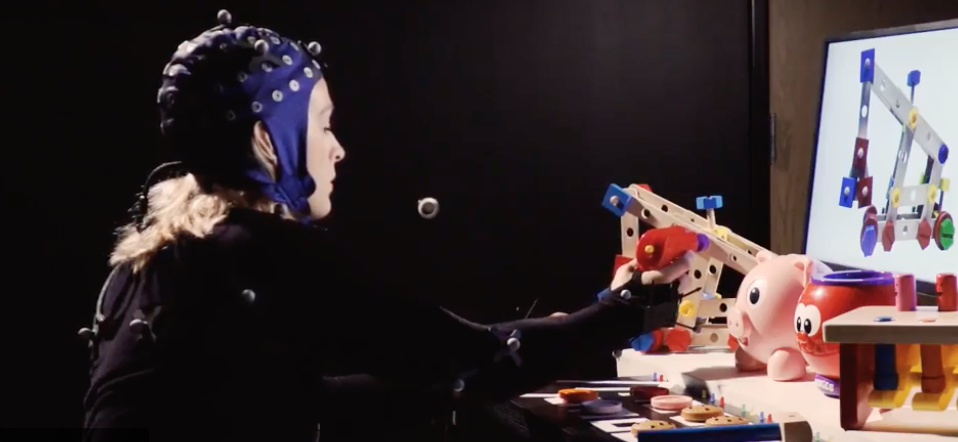
VR + motion capture to study movement, sensory processing, in autism, AD, TBI
MoBi, developed by John Foxe at the University of Rochester, combines VR, EEG, and motion capture sensors to study movement difficulties associated with neurological disorders. According to Foxe, “The MoBI system allows us to get people walking, using their senses, and solving the types of tasks you face every day, all the while measuring brain activity…
-
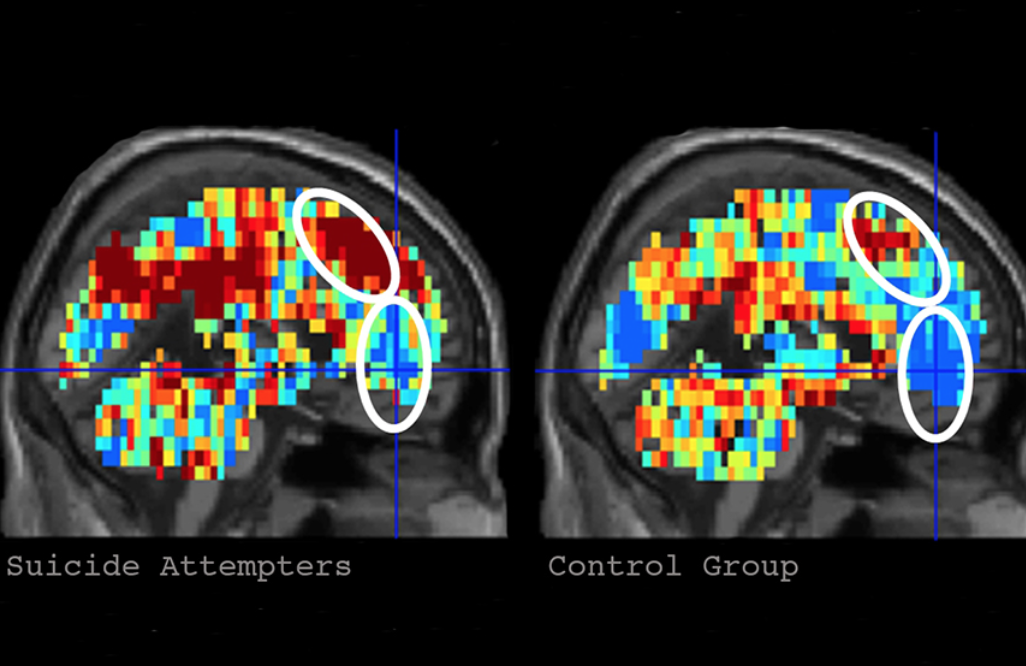
Brain imaging to detect suicidal thoughts
Last year, Carnegie Mellon professor Marcel Just and Pitt professor David Brent used brain imagining to identify suicidal thoughts. Supported by the NIMH, they are now working to establish reliable neurocognitive markers of suicidal ideation and attempt. They will examine the differences in brain activation patterns between suicidal and non-suicidal young adults as they think about…
-
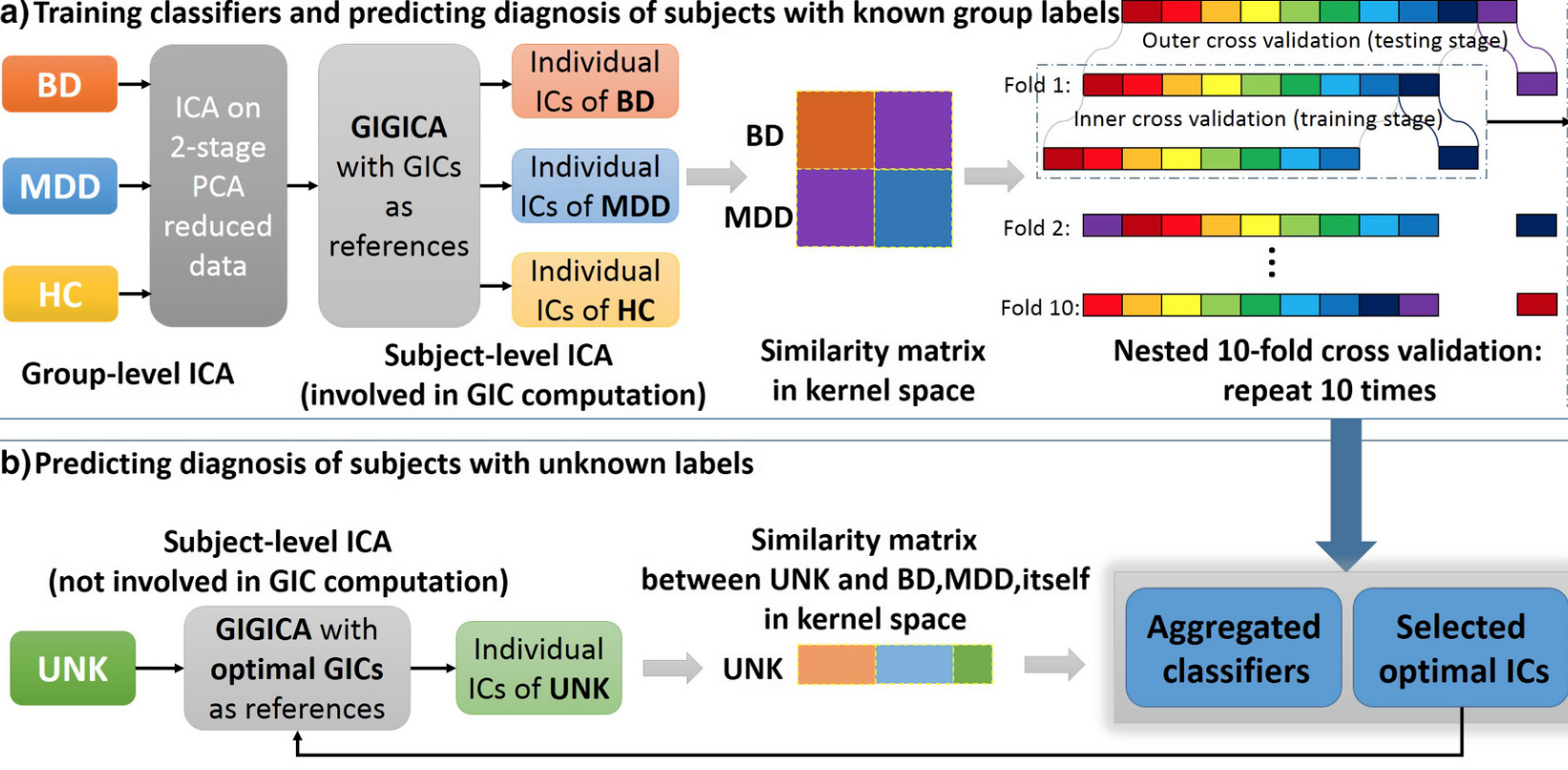
AI predicts response to antipsychotic drugs, could distinguish between disorders
Lawson Health Research Institute, Mind Research Network and Brainnetome Center researchers have developed an algorithm that analyzes brain scans to classify illness in patients with complex mood disorders and help predict their response to medication. A recent study analyzed and compared fMRI scans of those with MDD, bipolar I, and no history of mental illness, and…
-
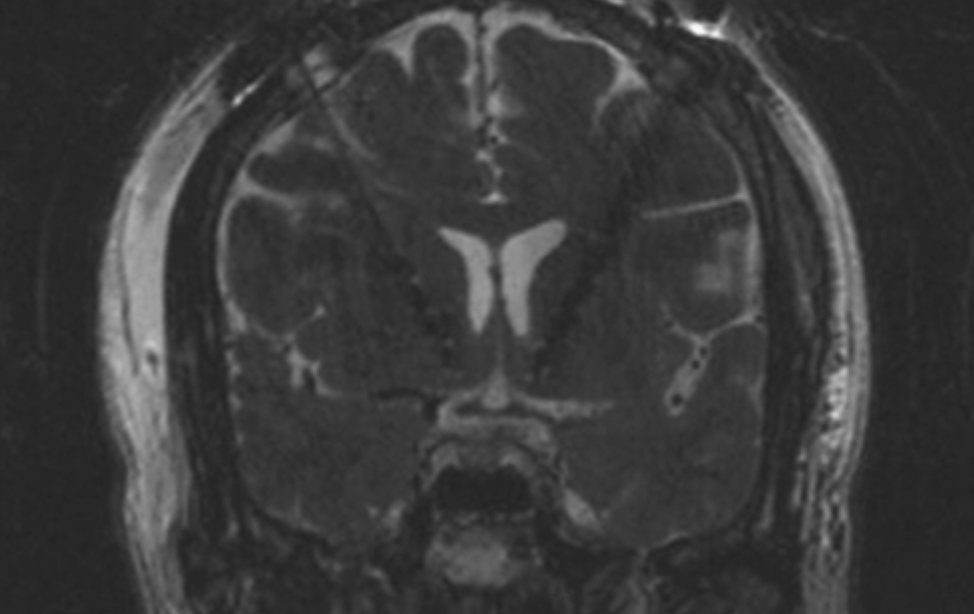
Invasive deep brain stimulation for alcoholism?
Stanford’s Casey Halpern and Allen Ho have used deep brain stimulation to target nucleus accumbens, thought to reduce impulsive behavior, to combat alcoholism in animal and pilot human studies. DBS is used in severe Parkinson’s disease and is not approved by the FDA for addiction. Infection and other complications are risks of this invasive surgery. ApplySci hopes that…
-
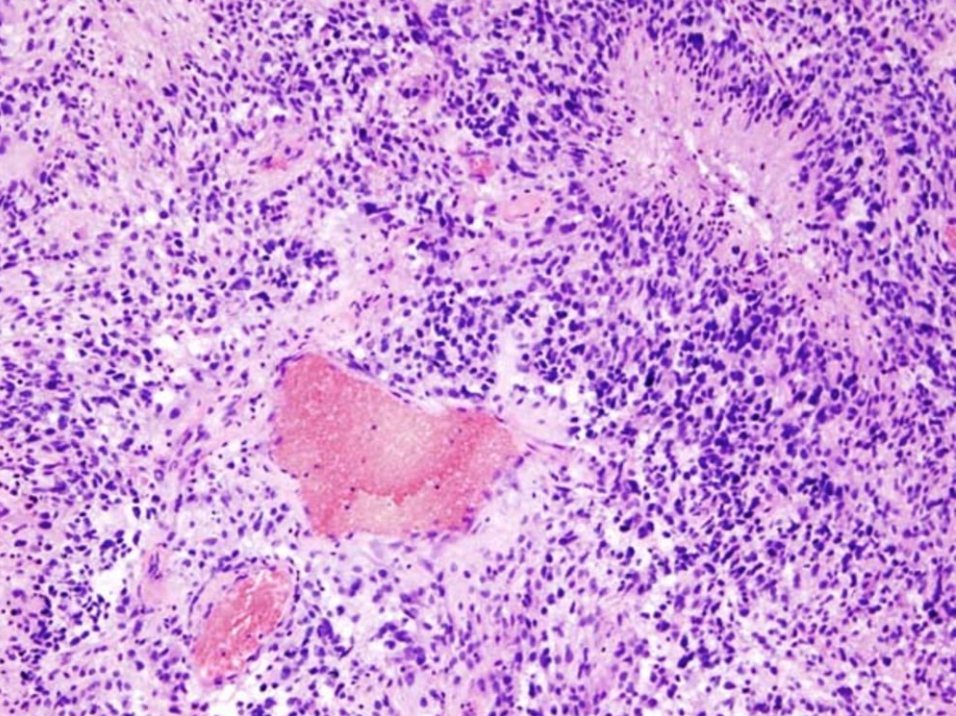
AI – optimized glioblastoma chemotherapy
Pratik Shah, Gregory Yauney, and MIT Media Lab researchers have developed an AI model that could make glioblastoma chemotherapy regimens less toxic but still effective. It analyzes current regimens and iteratively adjusts doses to optimize treatment with the lowest possible potency and frequency toreduce tumor sizes. In simulated trials of 50 patients, the machine-learning model…
-
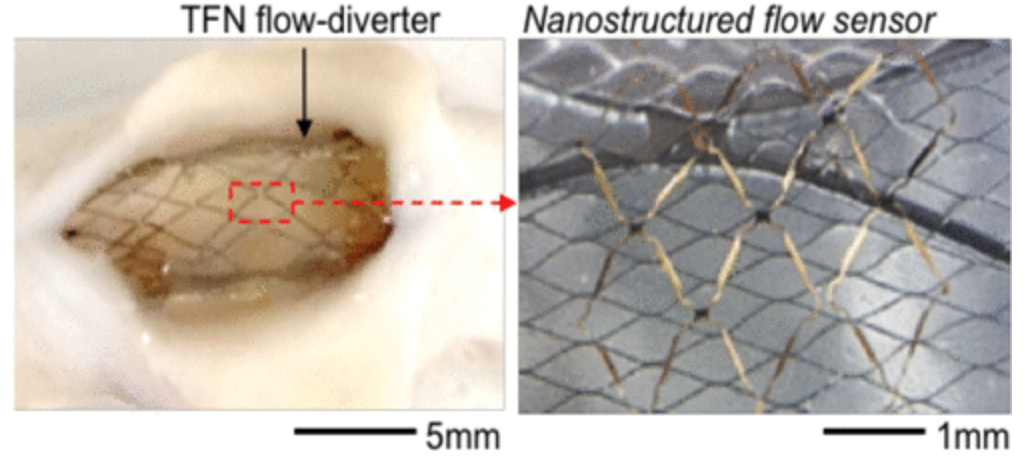
Sensor could continuously monitor brain aneurysm treatment
Georgia Tech’s Woon-Hong Yeo has developed a proof of concept, flexible, stretchable sensor that can continuously monitor hemodynamics when integrated with a stent like flow diverter after a brain aneurysm. Blood flow is measured using capacitance changes. According to Pittsburgh professor Youngjae Chun, who collaborated with Yeo, “We have developed a highly stretchable, hyper-elastic flow diverter using a…
-
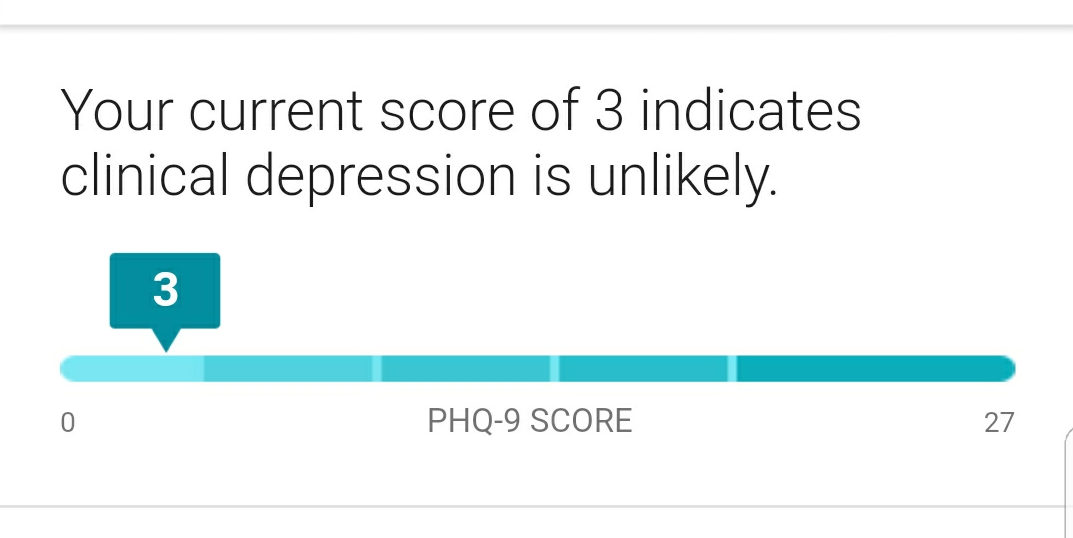
Google incorporates depression screening in search
Google has introduced a new depression screening feature. When the word “depression” is used in search, mobile users are offered a PHQ-9 questionnaire, which recognizes symptoms. A “Knowledge Panel” containing information and potential treatments appears on top of the page. The goal is self awareness, and encouragement to seek help when needed. Another company dedicated to…
-
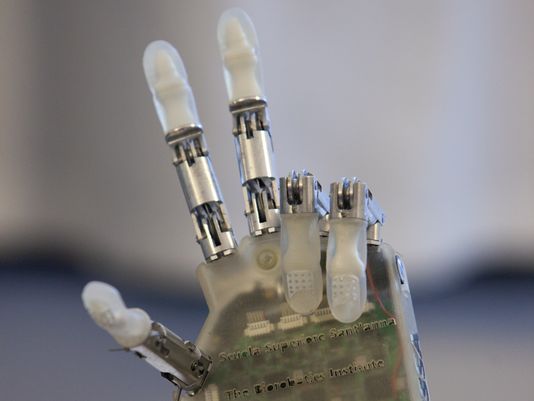
Trial: Improved sense of touch and control in prosthetic hand
http://stm.sciencemag.org/content/6/222/222ra19 In the ongoing effort to improve the dexterity of prosthetics, a recent trial showed an improved sense of touch and control over a prosthetic hand. EPFL professor Silvestro Micera and colleagues surgically attached electrodes from a robotic hand to a volunteer’s median and ulnar nerves. Those nerves carry sensations that correspond with the volunteer’s index finger and…
-
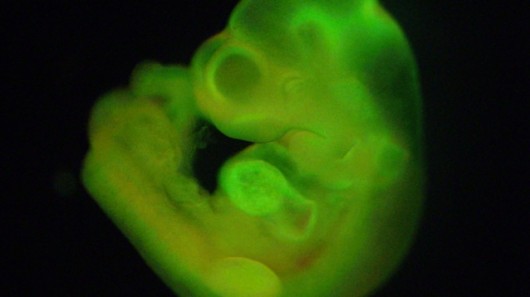
Nobel-worthy stem cell discovery
http://www.nature.com/news/acid-bath-offers-easy-path-to-stem-cells-1.14600 Haruko Obokata and colleagues at the RIKEN Center for Developmental Biology have created embryonic stem cells from a single blood cell by putting white blood cells from a baby mouse in a mild acid solution. Eventually a few stem cells emerge that can turn into any other cell in the body including skin, heart, liver or neurons.…